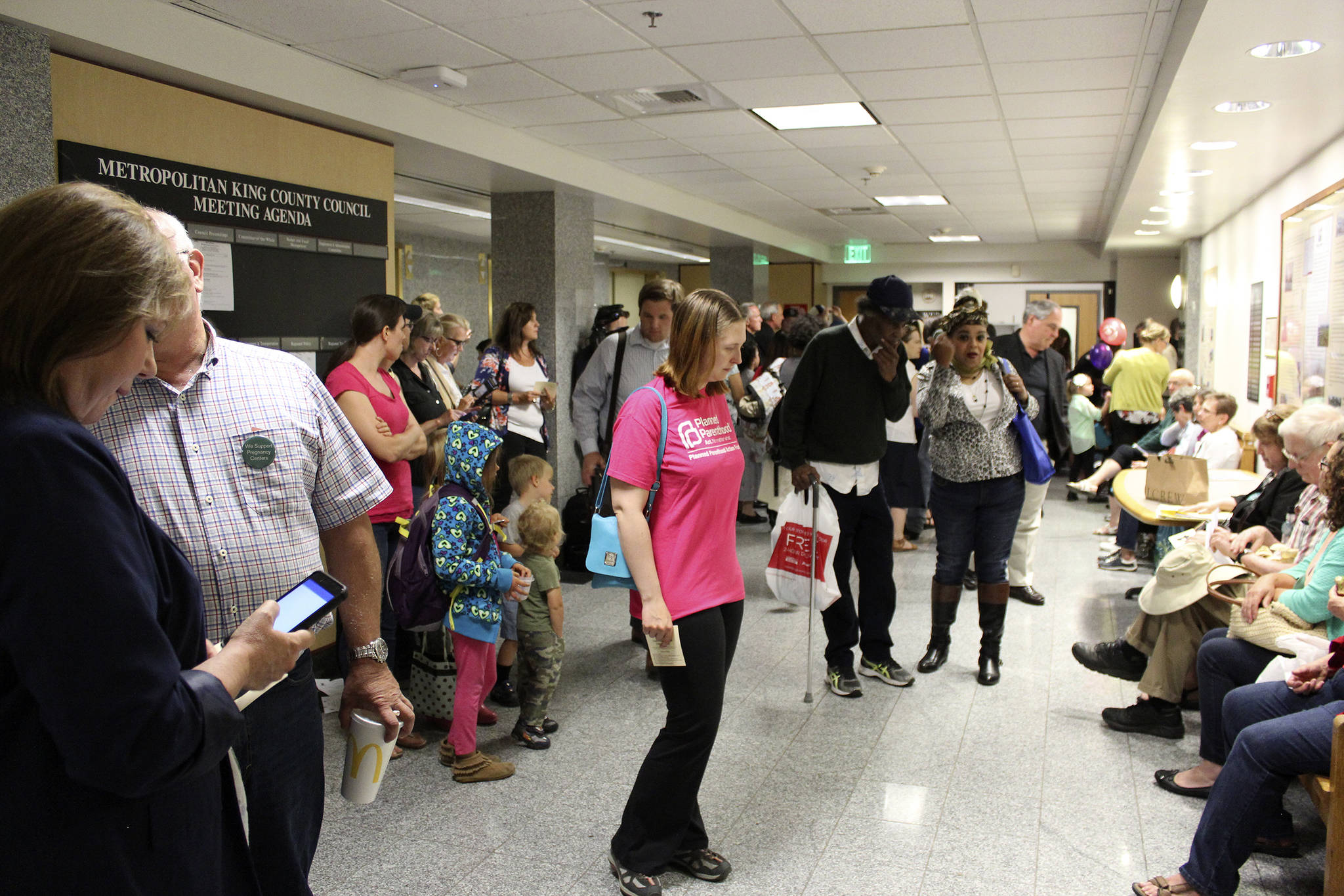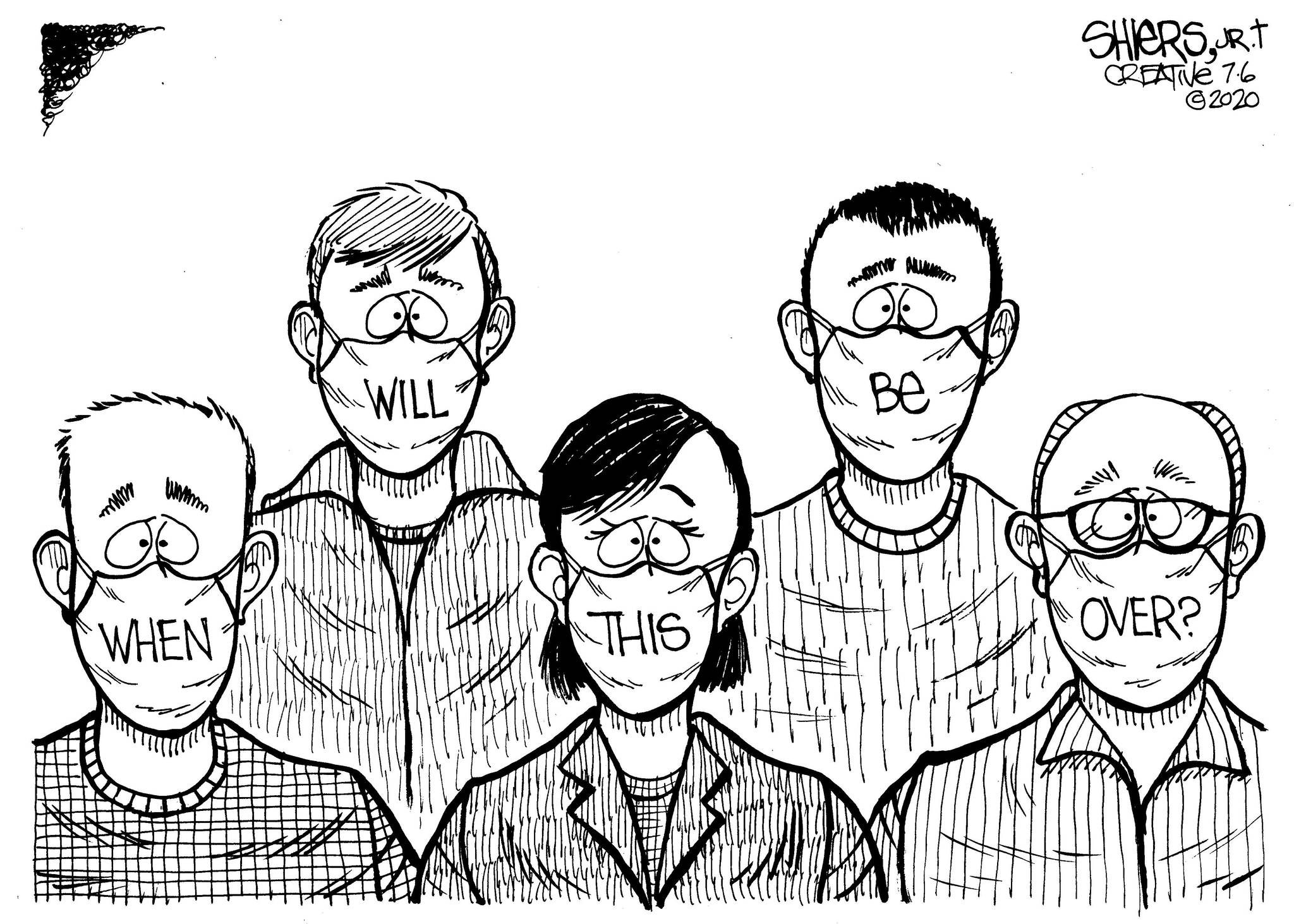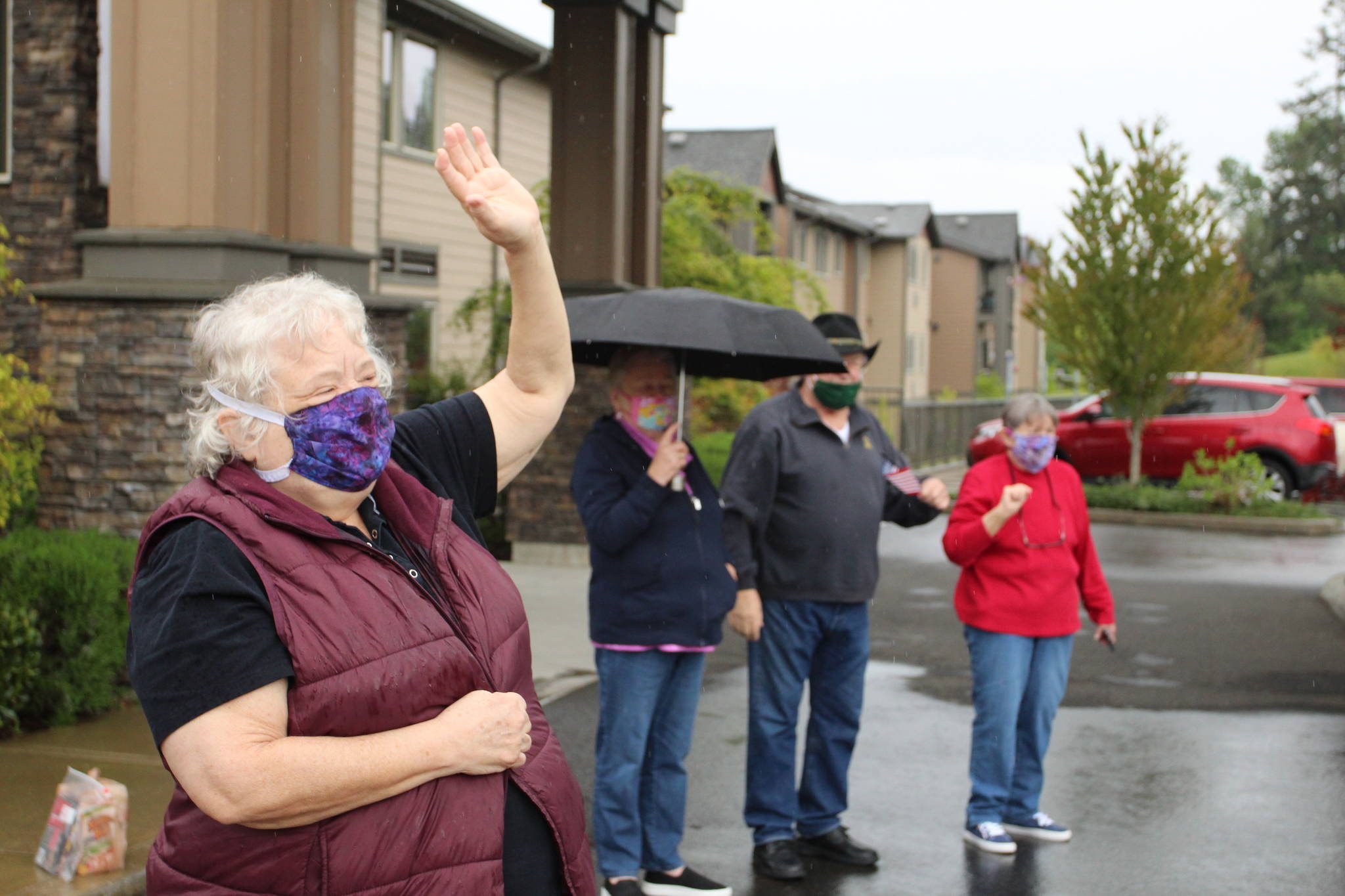You’ve probably seen the billboards and ads: a worried woman, a phone number, and words like “FREE pregnancy tests and help.” Calling themselves crisis pregnancy centers (CPCs), these non-profit organizations—typically run by pro-life Christians—prey on women looking for time-sensitive pregnancy testing and assistance.
As part of an effort to remove deceptive advertising, Google has even removed some CPC ads, but they are persistent sirens.
“In every way possible, from their advertising, to their physical appearance, to the uniforms of their staff, CPCs are designed to look like medical clinics, not religious ministries,” writes Julie Rikelman of the Center for Reproductive Rights.
As a certified medical assistant working in reproductive health, I’ve seen firsthand how pregnant women are misled and misinformed—and thus had their health care delayed—by health centers that falsely claim to offer a full range of women’s health services. This is not a new scheme: A 2006 Congressional investigation found that 87 percent of CPCs provided misleading, medically inaccurate information about abortion.
Currently, there are about 66 of these fake women’s health centers operating in Washington. A survey of Washington CPCs found that the majority of them misled people about the nature of center’s services, provided false or misleading information about pregnancy, abortion, miscarriage, and even provided erroneous information about prevention of sexually transmitted infections, including HIV/AIDS. They often handed out intentionally inaccurate information about contraception, and refused to provide women with the written results of their pregnancy tests.
At least two dozen of the centers are members of the National Institute of Family and Life Advocates (NIFLA), a group going all the way to the Supreme Court to stop California disclosure rules. Claiming protection under the First Amendment, NIFLA members say they don’t have to inform women that they are not at a licensed medical provider. They also object to posting a sign disclosing the availability of publicly funded reproductive health care for eligible women. (The King County Board of Health recently passed rules requiring similar signs over the objections of Care Net of Puget Sound, a chain of “limited service pregnancy centers” in Washington.)
The Washington-based Murdock Charitable Trust has gifted nearly a million dollars to Alliance Defending Freedom (ADF), the right-wing legal group that represented NIFLA at last month’s hearing in the U.S. Supreme Court case of National Institute of Family and Life Advocates (NIFLA) v. Becerra. Because of its strident attacks on LGBTQ people, ADF has been classified as a hate group by the Southern Poverty Law Center.
CPCs often rely heavily on donations from far-right donors and foundations like The Murdock Charitable Trust. Perhaps best known locally for its support of museums and performance arts, the Murdock Charitable Trust is also a major donor to national anti-choice groups such as Americans United For Life and Focus on the Family. It has also given more than $1.9 million to CPCs in the Pacific Northwest over the last 18 years, including $250,000 to Care Net of Puget Sound, which adamantly opposed the King County Board of Health’s new rules.
Responding to public criticism of its support for ADF and other right-wing groups, the Murdock Trust claims it merely funds free speech projects. Unfortunately, through its millions in grants to anti-choice “clinics” and advocacy groups, the Murdock Trust has deeply invested in harming people with misleading and incorrect medical information. That has little to do with the First Amendment, and more to do with controlling other people’s bodies and decisions.
Stephanie Guzman-Fix is a senior certified medical assistant working in reproductive health at a women’s health clinic in Everett




